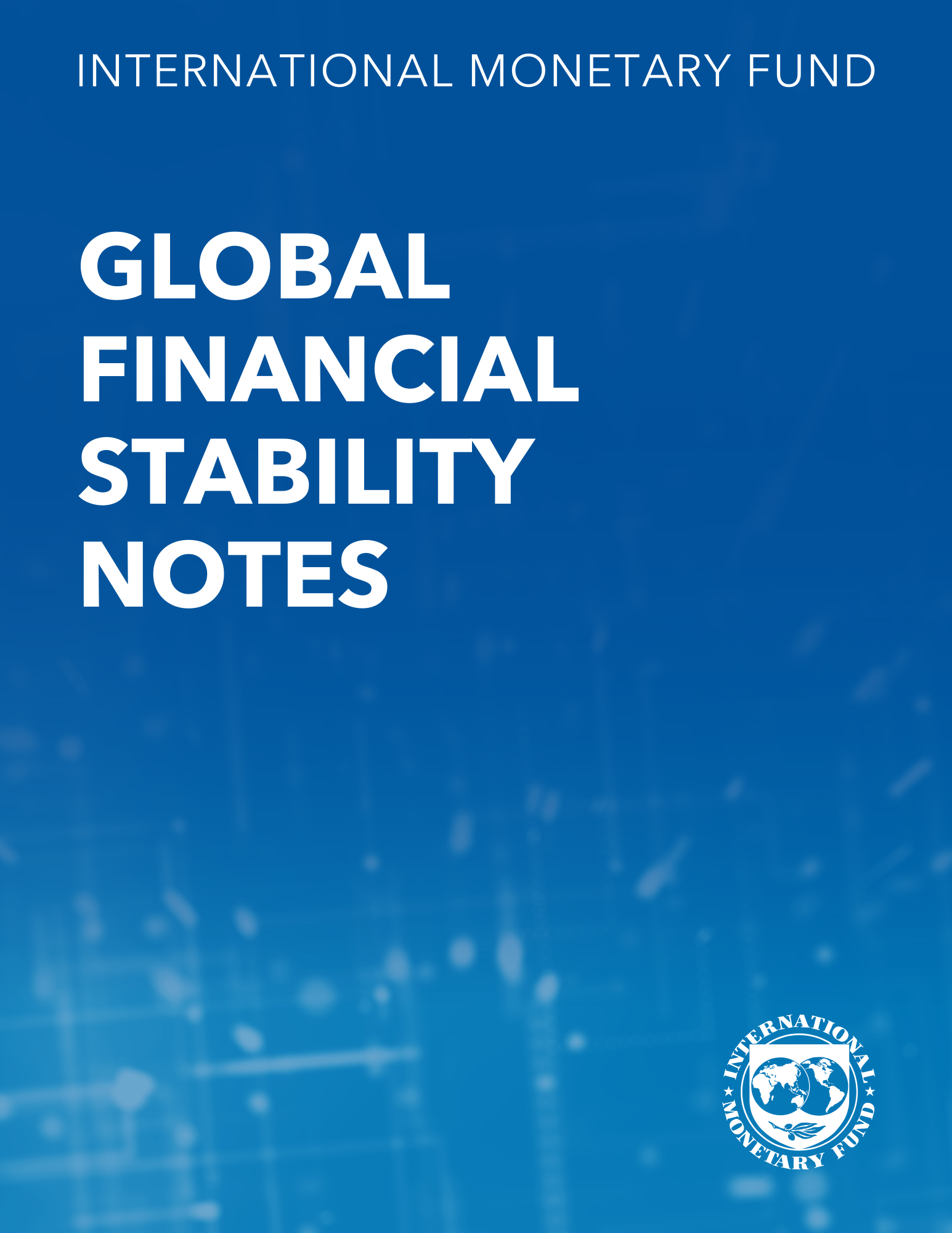International Reserves: Precautionary vs. Mercantilist Views, Theory and Evidence
October 1, 2005
Disclaimer: This Working Paper should not be reported as representing the views of the IMF.The views expressed in this Working Paper are those of the author(s) and do not necessarily represent those of the IMF or IMF policy. Working Papers describe research in progress by the author(s) and are published to elicit comments and to further debate
Summary
This paper compares the importance of precautionary and mercantilist motives in the hoarding of international reserves by developing countries. Overall, empirical results support precautionary motives; in particular, a more liberal capital account regime increases international reserves. Theoretically, large precautionary demand for international reserves arises as a self-insurance to avoid costly liquidation of long-term projects when the economy is susceptible to sudden stops. The welfare gain from the optimal management of international reserves is of a first-order magnitude, reducing the welfare cost of liquidity shocks from a first-order to a second-order magnitude.
Subject: Capital account liberalization, Export performance, International reserves, Liquidity, Reserves accumulation
Keywords: precautionary demand, WP
Pages:
30
Volume:
2005
DOI:
Issue:
198
Series:
Working Paper No. 2005/198
Stock No:
WPIEA2005198
ISBN:
9781451862171
ISSN:
1018-5941






